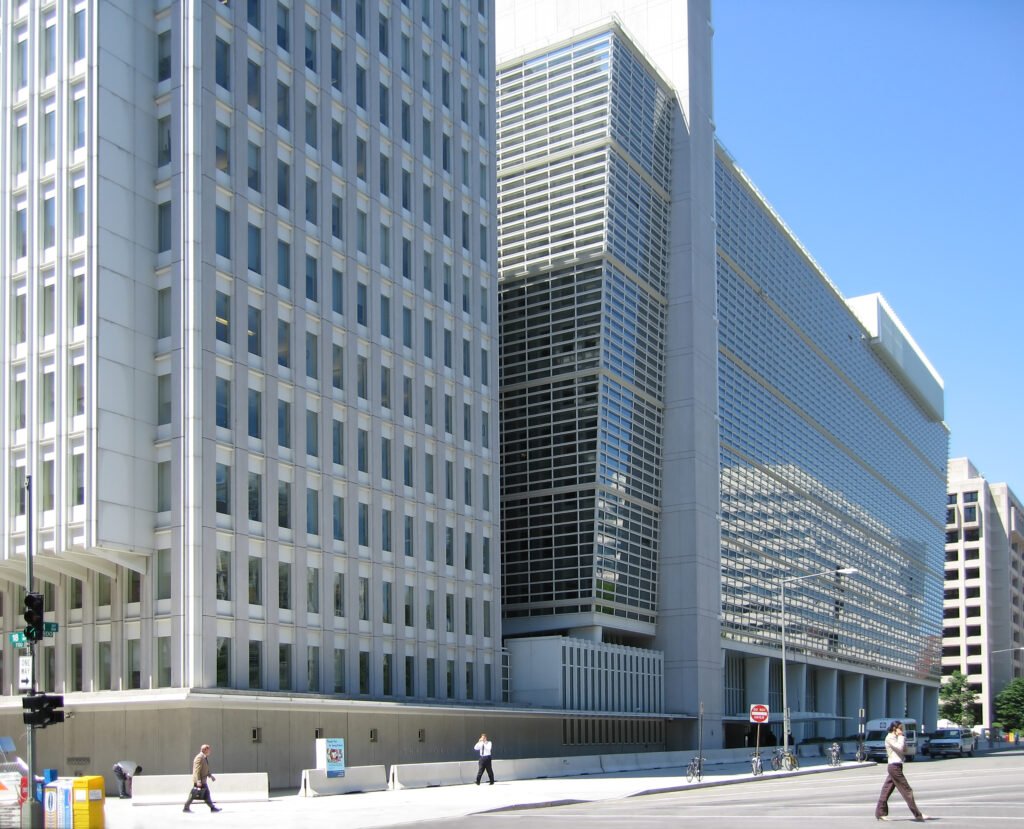From The Guardian - Climate Change
Summary
- The Maldives has been grappling with sea level rise due to climate change for decades, despite being responsible for minimal global emissions
- Wealthier nations need to provide more financial support to Small Island Developing States like the Maldives to help them adapt to the impacts of climate change
- The current global financial architecture, which uses outdated metrics, is not providing sufficient funding for climate resilience projects in vulnerable nations like the Maldives
- The Maldives is calling for the global adoption of a multidimensional vulnerability index to reflect Sids’ inherent vulnerabilities and provide the resources needed for sustainable development
Key quote:
For decades, Small Island Developing States (Sids) like the Maldives have been bearing the brunt of global warming with minimal support. The Maldives is liable for just 0.003% of global emissions, but is one of the first countries to endure the existential consequences of the climate crisis. Wealthier nations have a moral responsibility to communities like ours. Yet Sids are given only about 14% of the finance that the least developed countries receive.
The problem is that the current global financial architecture is outdated and not fit for purpose: its use of legacy metrics such as gross national income (GNI) and gross domestic product (GDP) skews our economic reality, painting Sids as wealthier than we are, barring us from critical funding opportunities. And, thanks to the Maldives’ healthy tourism industry, we are ranked as an emerging economy and therefore shut out from the cheaper financing set aside for the lowest income countries.
[...]
Read the full post at The Guardian - Climate Change.





